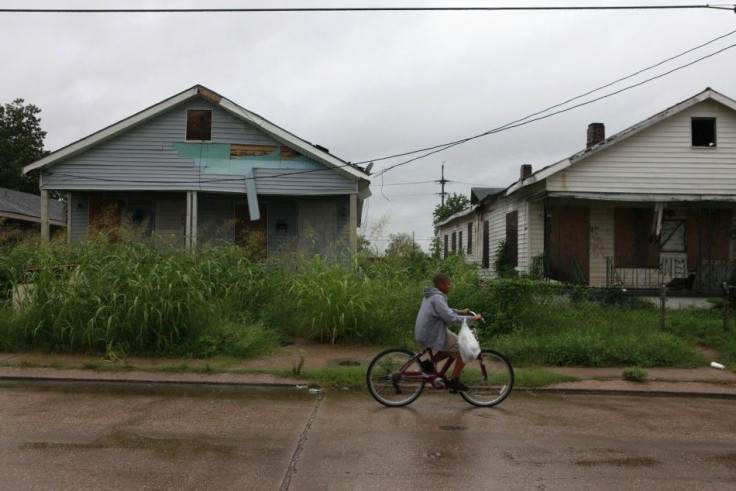Post-Hurricane Katrina Police Shooting, Covered Up Crime, Jury Deliberates

The federal trial of five current and former police officers charged in deadly shootings on a bridge only days after Hurricane Katrina struck New Orleans has reached the stage of jury deliberations, capping weeks of prosecution and defense wrangling over whether the use of force was justified.
New Orleans jury began deliberating Wednesday after shootings occurred when a dozen officers responded to a radio call that police had been fired on and that the shooters were headed toward the Danziger Bridge, when much of the city was still underwater from the storm.
Prosecutor Theodore Carter, in closing arguments in the federal civil rights trial of five officers charged in the case, said the killing of James Brissette, 17, and Ronald Madison, 40, "was murder, plain and simple". Carter told the jury that immediately after the shootings, in which four other civilians were also seriously wounded, police began concocting stories to make their actions appear justified.
Officers Kenneth Bowen, Robert Faulcon, Robert Gisevius and Anthony Villavaso are charged in the shooting, and along with former detective Arthur Kaufman, are also accused of conducting a lengthy cover-up.
The four officers opened fire on unarmed civilians a week after Hurricane Katrina devastated the city and conspired with others to cover up their actions, a federal prosecutor told jurors at the end of trial. Multiple witnesses, including several officers who have pleaded guilty to roles in the incident, have said all the victims were unarmed.
A dozen officers who heard the call jumped into a rental truck and sped toward the bridge. Witnesses have said that when the police saw a group of civilians walking on the bridge, officers jumped out and began firing indiscriminately.
Defense lawyers, however, have tried to cast doubt on the premise that the shooting victims were unarmed and raised the possibility that persons not involved in the trial may have fired guns from the ground near the bridge.
(Reuters)
© Copyright IBTimes 2024. All rights reserved.











